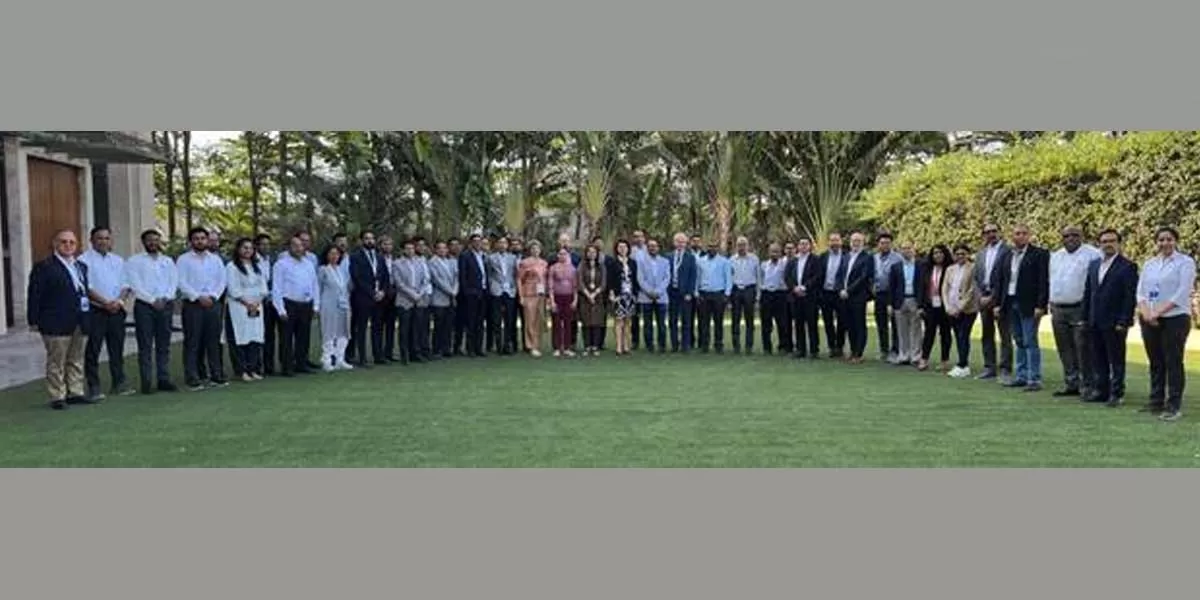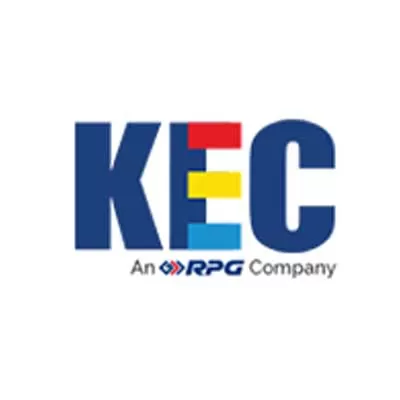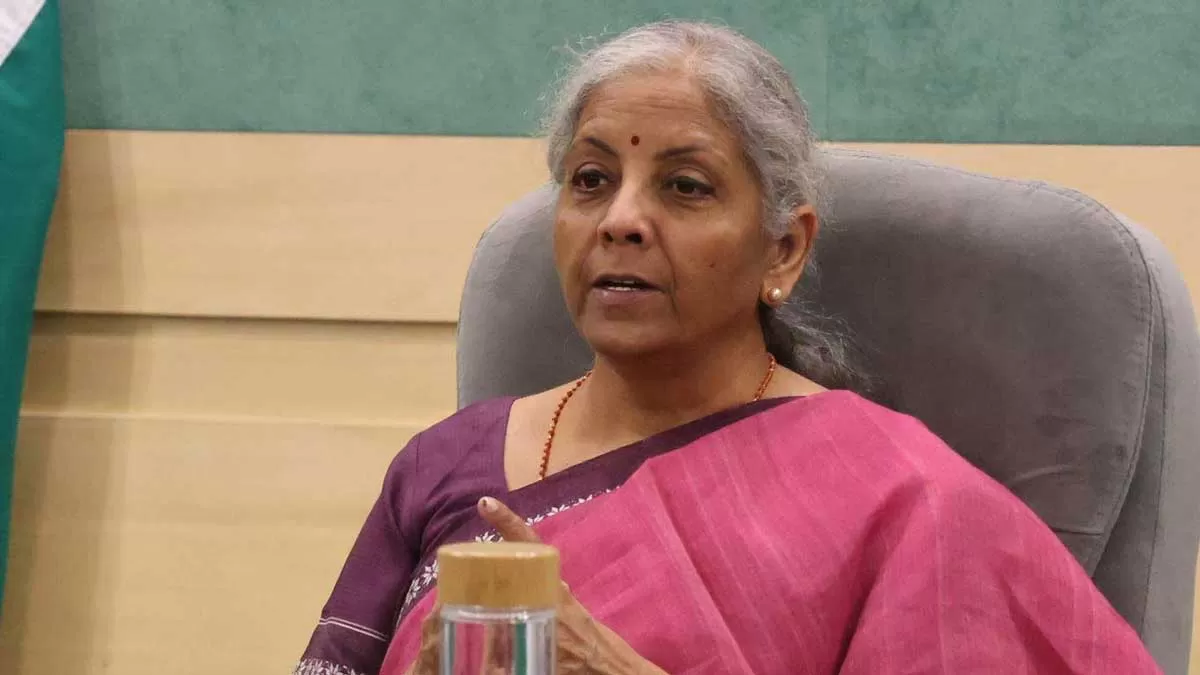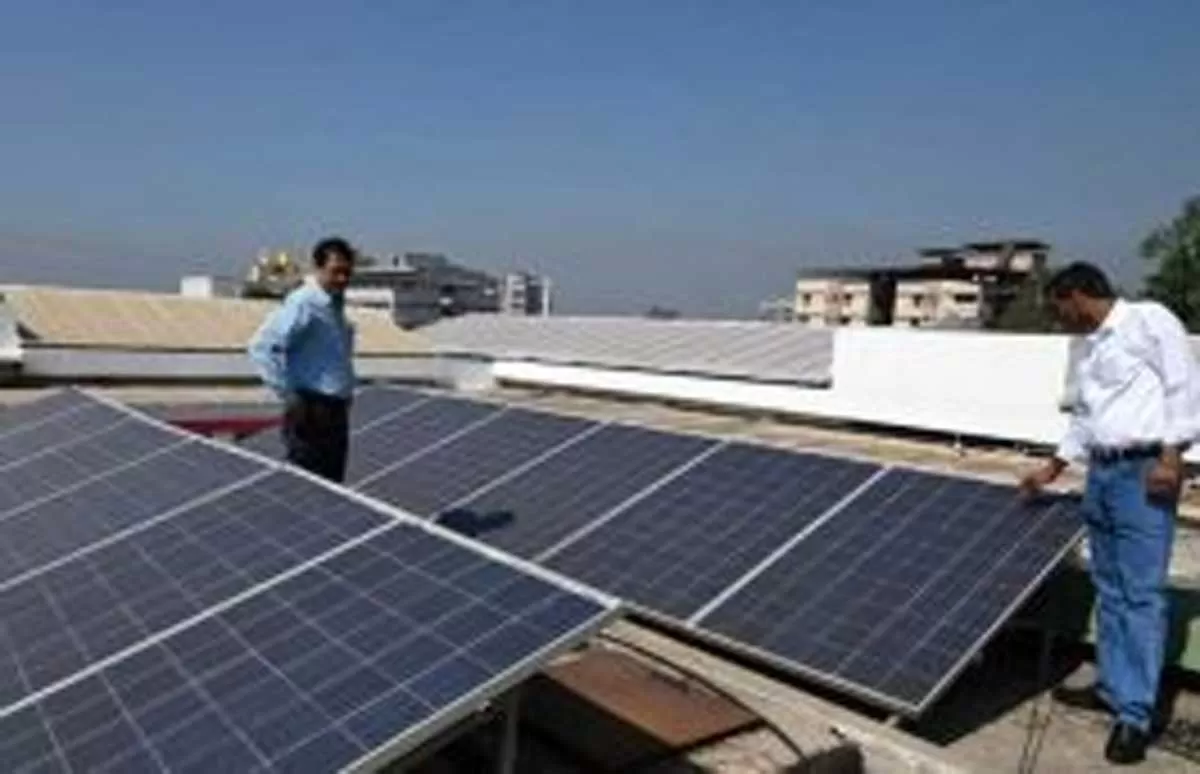
India-EU Workshop Advances EV Charging Standardisation

KEC International Wins New Orders worth Rs. 12.36 Billion
KEC International, a global infrastructure EPC major and an RPG Group Company, has secured new orders worth Rs. 12.36 billion (bn) across various sectors.Transmission & Distribution (T&D):KEC has secured transmission line and substation orders in the Middle East (UAE and Kuwait) and a substation order from a private TBCB player in India.Civil:A residential project order from a leading private developer in Western India strengthens KEC’s presence in the civil sector.Transportation:The company has also secured an order in the prestigious Train Collision Avoidance System (TCAS) segment ..

Finance Minister to Launch NITI NCAER States Economic Forum Portal
Union Finance Minister Nirmala Sitharaman is set to launch the "NITI NCAER States Economic Forum" portal on 1st April 2025 in New Delhi. Developed collaboratively by NITI Aayog and the National Council of Applied Economic Research (NCAER), the portal will serve as a comprehensive repository of economic, social, and fiscal data spanning over 30 years (1990-91 to 2022-23). Key Features of the Portal The platform is structured into four main components: State Reports: Provides macro and fiscal overviews of 28 Indian states, featuring data on demography, economic structure, socio-economic indic..

IREDA’s Loan Sanctions Surge 27% to Rs 474.53 Bn in FY 2024-25
The Indian Renewable Energy Development Agency Limited (IREDA) has reported a 27% increase in loan sanctions, reaching Rs 474.53 billion for FY 2024-25, as per provisional data. Loan disbursements also saw a 20% rise to Rs 301.68 billion, up from Rs 250.89 billion in the previous fiscal year. Additionally, the outstanding loan book expanded by 28%, standing at Rs 762.5 billion as of March 31, 2025, compared to Rs 596.98 billion in FY 2023-24. IREDA’s Commitment to Renewable Energy Growth Shri Pradip Kumar Das, Chairman & Managing Director, IREDA, emphasized the company’s commitment to t..














